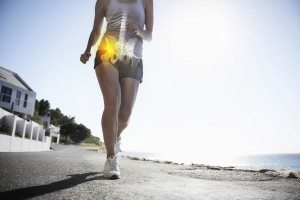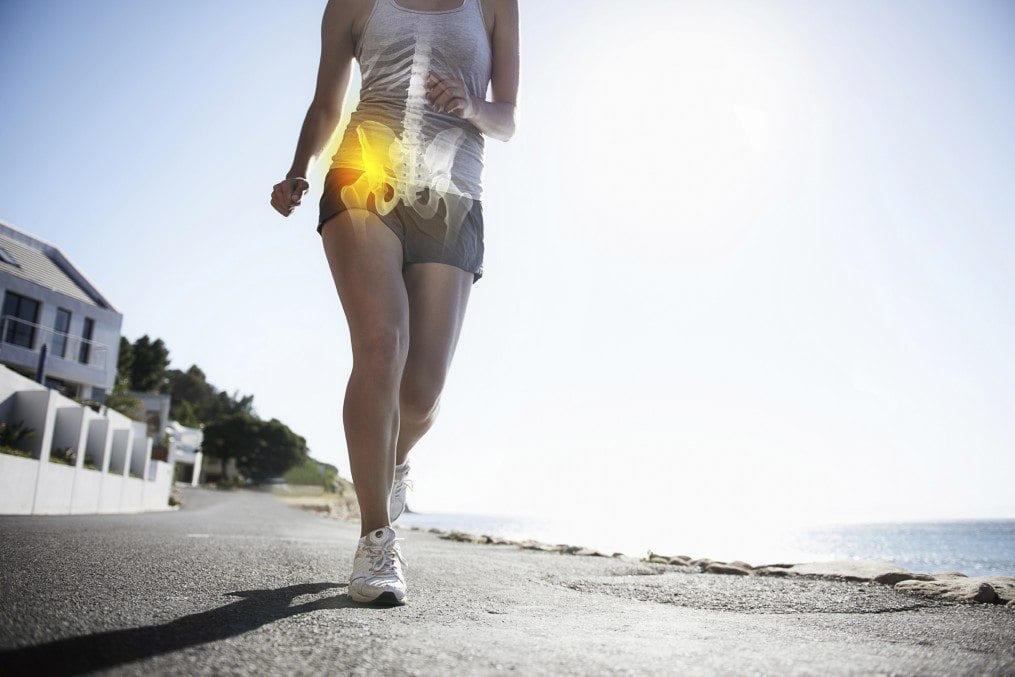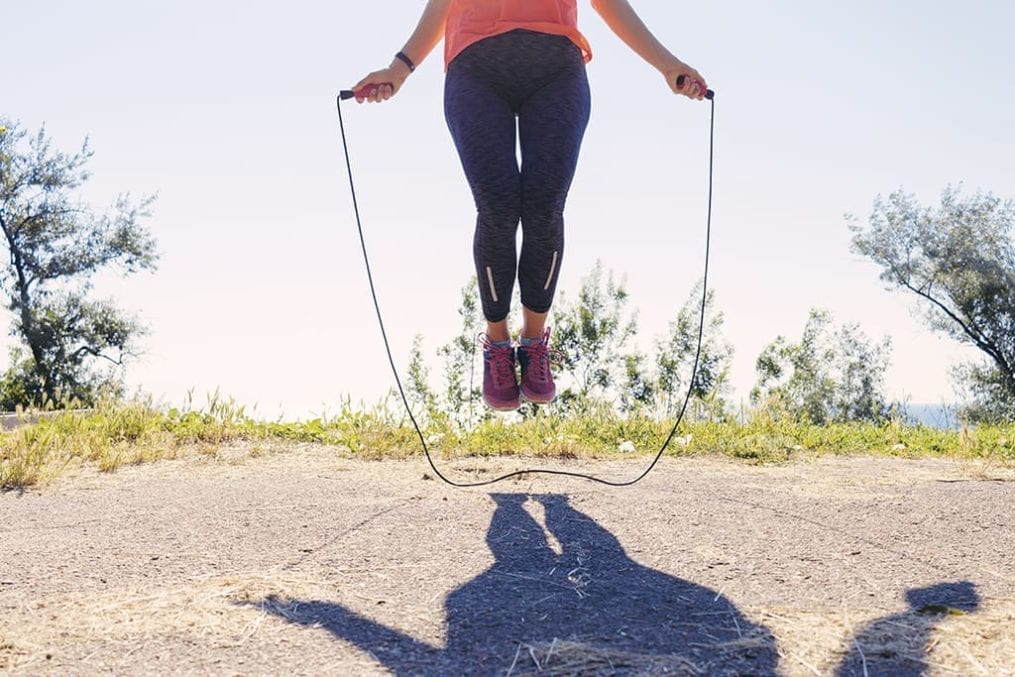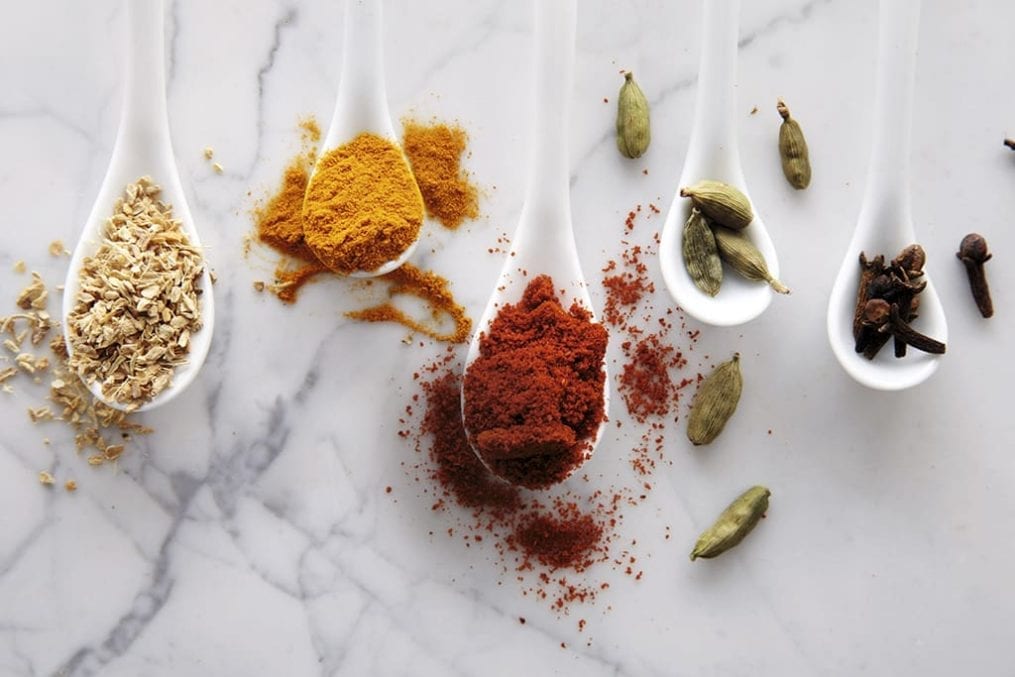How to get healthy bones for life
Don’t take your bones for granted – they need investment through your life to ensure they – and you – stay healthy. Fortunately, there are some simple ways to take control, whatever stage you’re at.
A good diet throughout life
One in three people don’t know about the positive role that diet can play in preventing osteoporosis, but a recent major report* from the International Osteoporosis Foundation (IOF) highlighted the important role of nutrition for healthy bones.
‘The whole emphasis should be on a well-balanced diet,’ says Sarah Leyland, senior nurse at the National Osteoporosis Society. ‘Calcium, vitamin D and protein are all key nutrients, along with vitamin K and magnesium, and many other micronutrients. The best way to consume them is as part of a healthy, balanced diet with plenty of fruit and veg, and wholegrains.’
A word about protein. Although the amounts listed below are based on Reference Nutrient Intakes (RNIs), in practice it’s hard to measure protein in your diet. The best rule is choose lean protein, such as chicken, turkey, fish or tofu, and follow a healthy diet – with the emphasis on balanced!
Life stage: Birth to teens
Good bone health starts in the womb. In a Southampton University Study, women who followed a healthy diet during pregnancy had children with good bone health at the age of nine compared with those on a processed foods diet. If you already have kids, or are planning them, think about the following:
Vitamin D: Pregnant and breastfeeding mums should take a 10mcg supplement and children from six months to five should take up to 7mcg per day. As sunlight is best source, older children and teens should ensure 10-20 minutes in the sun, without sunscreen, daily during April to October in the UK, taking care not to burn.
Note: The amount of vitamin D in supplements is sometimes shown as international units (IU) where 40IU is equal to 1mcg of vitamin D.
Calcium: Children need 350-550mg of calcium a day, rising to around 800mg (1000mg for boys) in their teens.
Protein: needs vary from 45 to 52g a day. Lean meat, fish and dairy are all good sources.
Life stage: Your 20s
This is the key decade for establishing a good bone bank for later life.
Vitamin D: sun exposure is best source, but good food sources include oily fish, eggs and fortified breakfast cereals. Consider taking a supplement during the winter months.
Calcium: around 700mg a day (more for breastfeeding mums). Good dietary sources include dairy, green leafy veg (which also supply bone-friendly vitamin K), such as broccoli and watercress, almonds and Brazil nuts and wakame.
Protein: intake is based on 0.75g per kg of body weight. Make sure intake isn’t excessive and is balanced with plenty of fruit and veg to reduce acidity, which isn’t good for bones.
Life stage: Your 30s, 40s and 50s
These are the critical decades for reducing the risk of premature loss of bone density. Post-menopause, women lose the bone-protective effect of oestrogen.
Vitamin D: Although there is as yet no recommended intake for adults, many experts agree that safe sun exposure without sunscreen between April and October will help build up stores for winter. Also think about a supplement during the winter months.
Calcium: around 700mg a day. Check your daily intake at iofbonehealth.org/calcium-calculator.
Protein: same as your 20s. Good non-animal sources include pulses and legumes, and wholegrains.
Life stage: Your 60s and beyond
Thinning bones, along with reduced muscle mass, may be a natural part of ageing, but it doesn’t have to mean osteoporosis.
Vitamin D: Those aged 65+ should take a daily supplement of 10mcg, particularly if they don’t spend much time in the sun or outdoors.
Calcium: around 700mg a day, but some people may need to take a supplement. Don’t overdo it, though, as too much calcium could potentially affect the heart.
Protein: some experts consider that older people need more protein than younger and recommend 1-1.2g per kg of bodyweight per day.
*Healthy Nutrition, Healthy Bones: How Nutritional Factors Affect Musculoskeletal Health Throughout Life (iofbonehealth.org)












